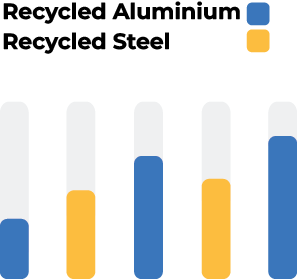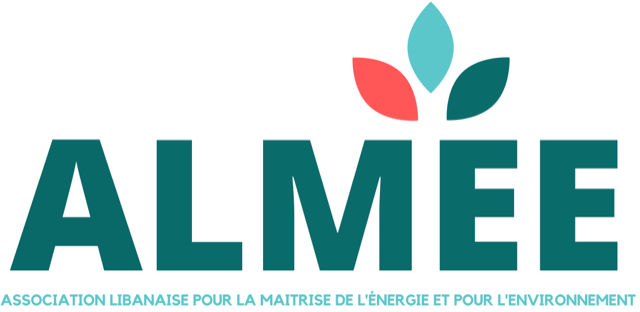
The Lebanese Association for Energy Saving & for Environment
Association Libanaise pour la Maîtrise de l’Energie et pour l’Environnement
Founded in 1992, the Lebanese Association for Energy Saving and for Environment (ALMEE - Association Libanaise pour la Maîtrise de l’Energie et pour l’Environnement) is a non-political, non-profit organization dedicated to addressing a wide range of energy and environmental challenges not only in Lebanon but throughout the Mediterranean Basin and beyond. ALMEE’s primary mission is to enhance, develop, and promote scientific approaches to improve energy management and related economic policies.
Key focus areas include:
- Facilitating ecological transition through strategies for climate change impact mitigation and adaptation.
- Advocating for renewable energy sources such as solar, wind, biomass, and hydropower.
- Addressing technical innovations aimed at boosting energy efficiency, including advanced insulation, glazing, modern heating and air conditioning technologies, and sustainable building practices.
- Supporting industrial transitions through techniques like cogeneration, which minimize waste in energy production and industrial processes.
- Promoting effective waste management and the principles of a circular economy.
- Encouraging sustainable transportation solutions.
ALMEE collaborates with a diverse array of partners—ranging from local and regional governments to multilateral institutions, civil society organizations, and private sector stakeholders—to advocate for more sustainable energy and environmental policies. By raising awareness and promoting best management practices, ALMEE aims to inform the business community about the immense growth potential present in the dynamic sectors of energy and the environment.
ALMEE is a founder member of MEDENER, the Mediterranean Association of National Agencies for Energy Management. MEDENER fosters collaboration among agencies in the Mediterranean region that focus on enhancing energy efficiency and promoting renewable energy sources—two essential components for achieving a successful energy transition.
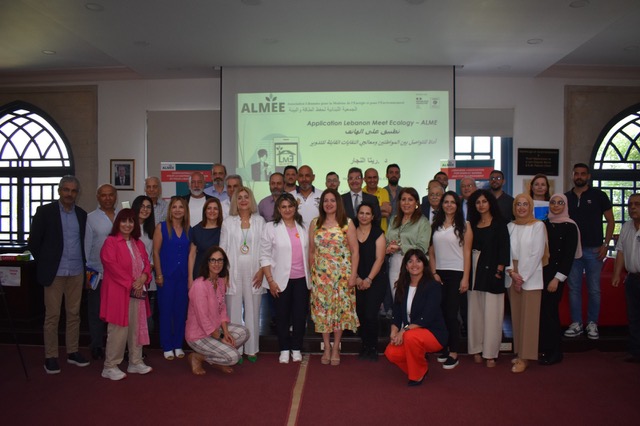
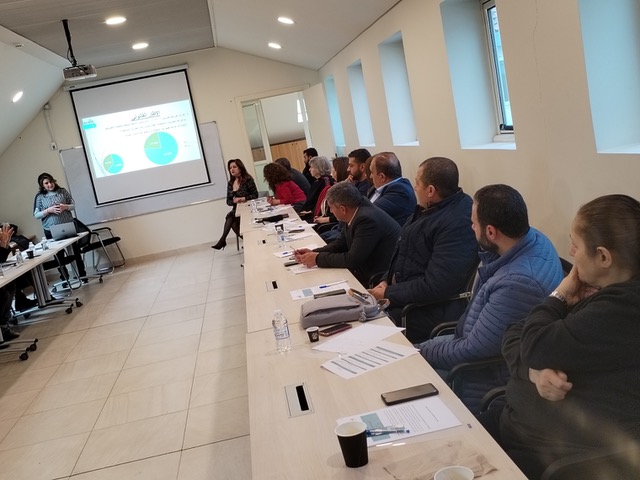
Founded in 1992, the Lebanese Association for Energy Saving and for Environment (ALMEE - Association Libanaise pour la Maîtrise de l’Energie et pour l’Environnement) is a non-political, non-profit organization dedicated to addressing a wide range of energy and environmental challenges not only in Lebanon but throughout the Mediterranean Basin and beyond. ALMEE’s primary mission is to enhance, develop, and promote scientific approaches to improve energy management and related economic policies.
Key focus areas include:
- Facilitating ecological transition through strategies for climate change impact mitigation and adaptation.
- Advocating for renewable energy sources such as solar, wind, biomass, and hydropower.
- Addressing technical innovations aimed at boosting energy efficiency, including advanced insulation, glazing, modern heating and air conditioning technologies, and sustainable building practices.
- Supporting industrial transitions through techniques like cogeneration, which minimize waste in energy production and industrial processes.
- Promoting effective waste management and the principles of a circular economy.
- Encouraging sustainable transportation solutions.
ALMEE collaborates with a diverse array of partners—ranging from local and regional governments to multilateral institutions, civil society organizations, and private sector stakeholders—to advocate for more sustainable energy and environmental policies. By raising awareness and promoting best management practices, ALMEE aims to inform the business community about the immense growth potential present in the dynamic sectors of energy and the environment.
ALMEE is a founder member of MEDENER, the Mediterranean Association of National Agencies for Energy Management. MEDENER fosters collaboration among agencies in the Mediterranean region that focus on enhancing energy efficiency and promoting renewable energy sources—two essential components for achieving a successful energy transition.
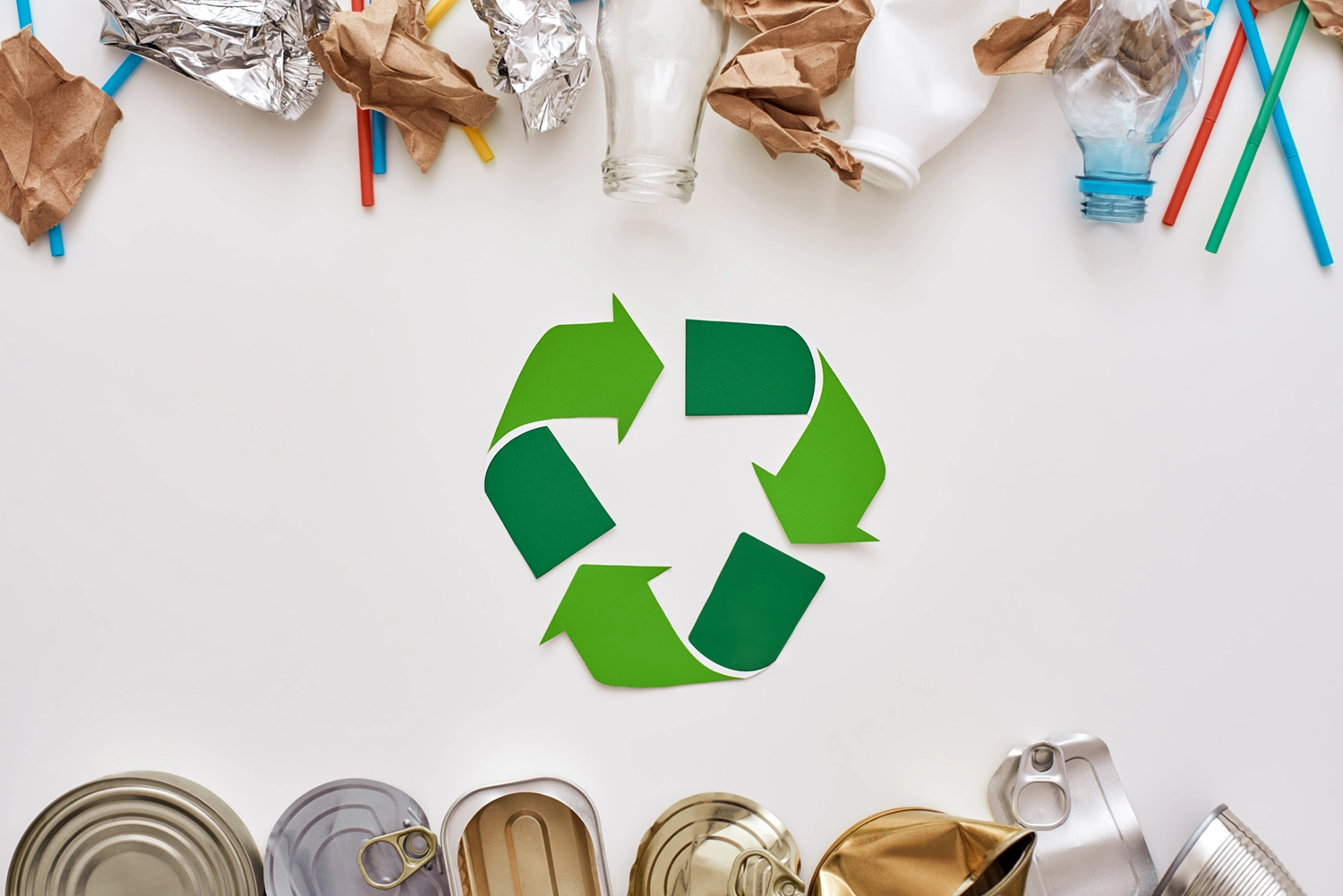
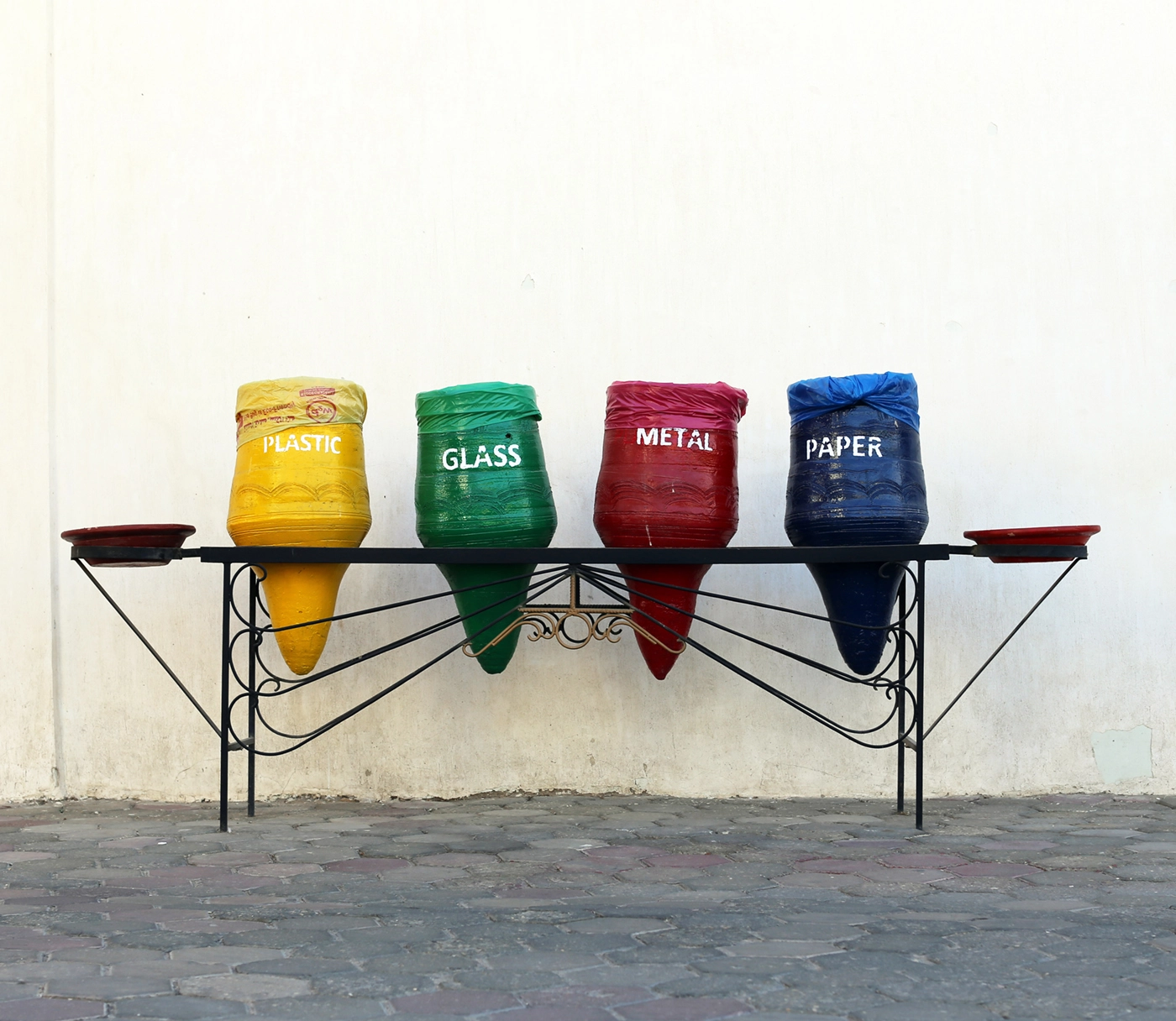
The Mitigation Enabling Energy Transition in the Mediterranean region (meetMED) project is an EU-funded project, developed by the Mediterranean Association of the National Agencies for Energy Management (MEDENER) and the Regional Centre for Renewable Energy and Energy Efficiency (RCREEE).meetMED project aims to enhance the energy security of beneficiary countries (namely Algeria, Egypt, Jordan, Lebanon, Libya, Morocco, Palestine and Tunisia).
MeetMED II activities aim at strengthening the implementation of EE measures and improving countries’ energy mix focusing on building and appliances’ sectors through a multiscale, multi-partner and inclusive approach at local and regional levels, thereby fostering regional cooperation.
Through harmonizing regional efforts and cooperation, the project will be emphasizing upon:
- Massive deployment of renewable energy and energy efficiency measures on building and appliances sectors in the Southern Neighborhood region to accelerate clean energy transition
- Public awareness on energy’s major stakes and challenges increases, thereby accelerating public and private sectors’ involvement towards more energy-efficient buildings and appliances sectors
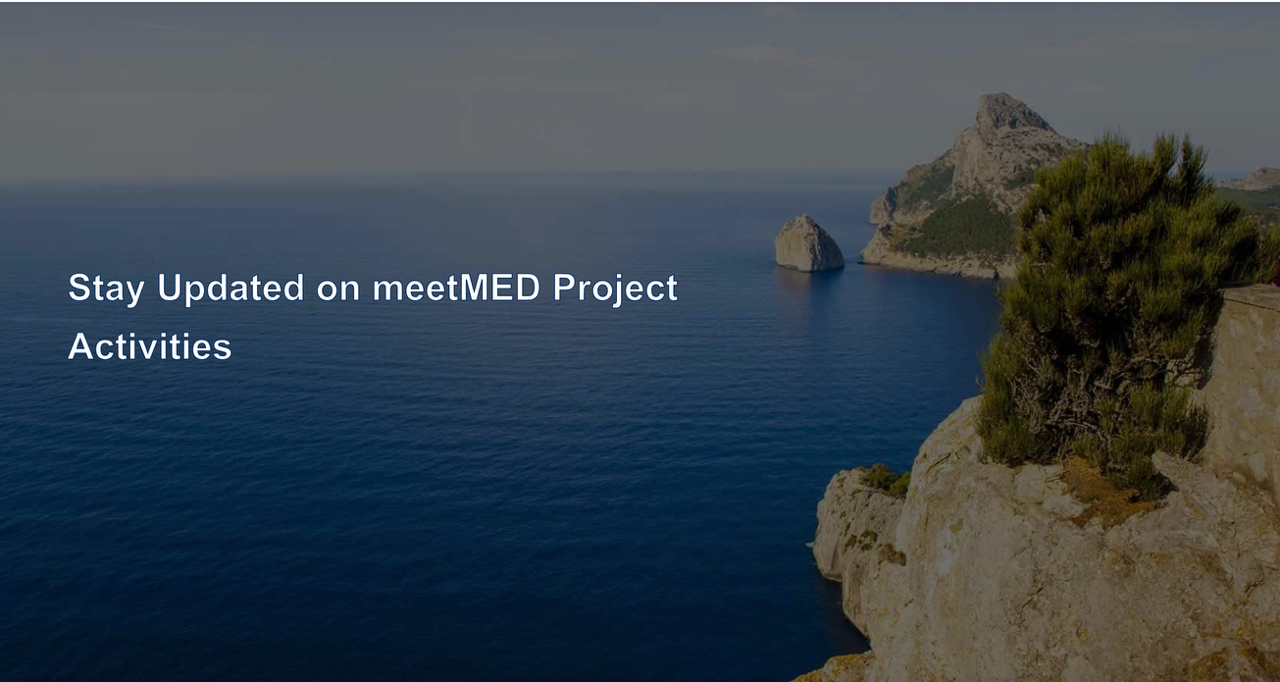
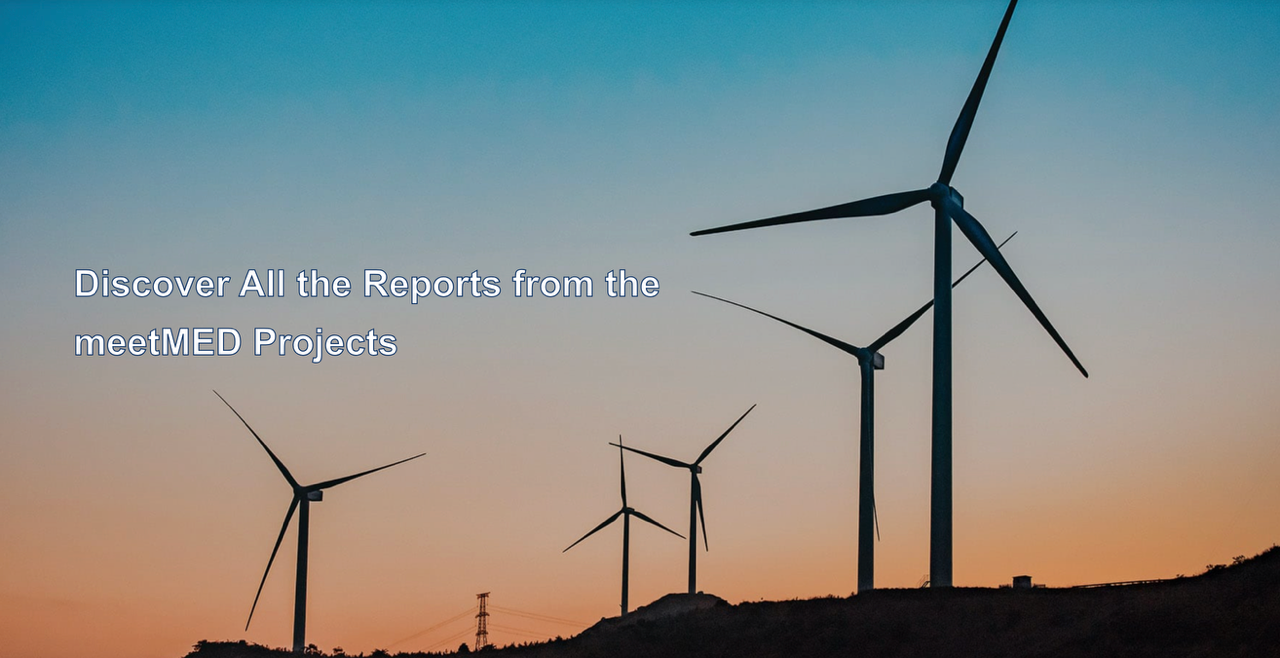
The Mitigation Enabling Energy Transition in the Mediterranean region (meetMED) project is an EU-funded project, developed by the Mediterranean Association of the National Agencies for Energy Management (MEDENER) and the Regional Centre for Renewable Energy and Energy Efficiency (RCREEE).
meetMED project aims to enhance the energy security of beneficiary countries (namely Algeria, Egypt, Jordan, Lebanon, Libya, Morocco, Palestine and Tunisia).
MeetMED II activities aim at strengthening the implementation of EE measures and improving countries’ energy mix focusing on building and appliances’ sectors through a multiscale, multi-partner and inclusive approach at local and regional levels, thereby fostering regional cooperation.
Through harmonizing regional efforts and cooperation, the project will be emphasizing upon:
- Massive deployment of renewable energy and energy efficiency measures on building and appliances sectors in the Southern Neighborhood region to accelerate clean energy transition
- Public awareness on energy’s major stakes and challenges increases, thereby accelerating public and private sectors’ involvement towards more energy-efficient buildings and appliances sectors
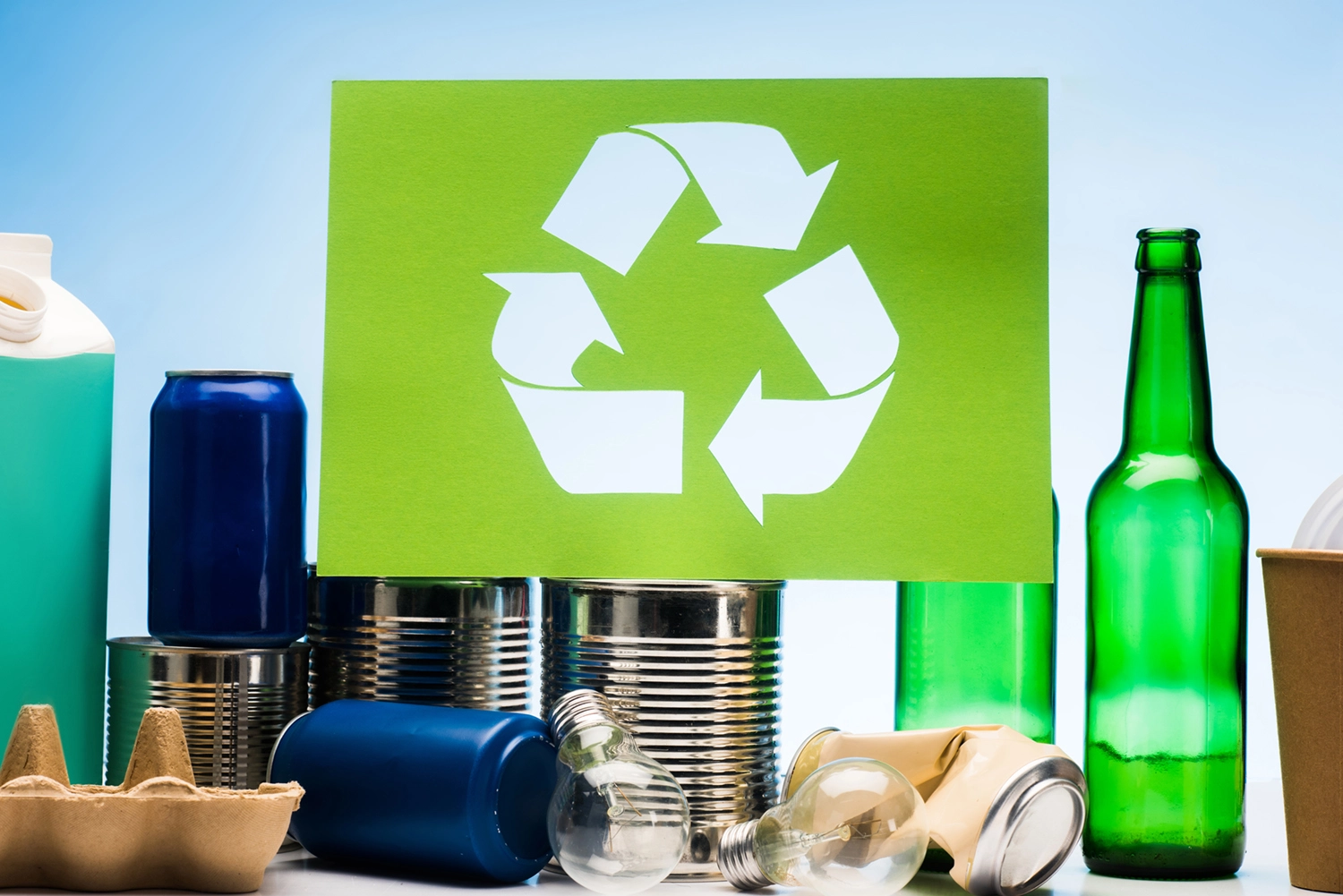
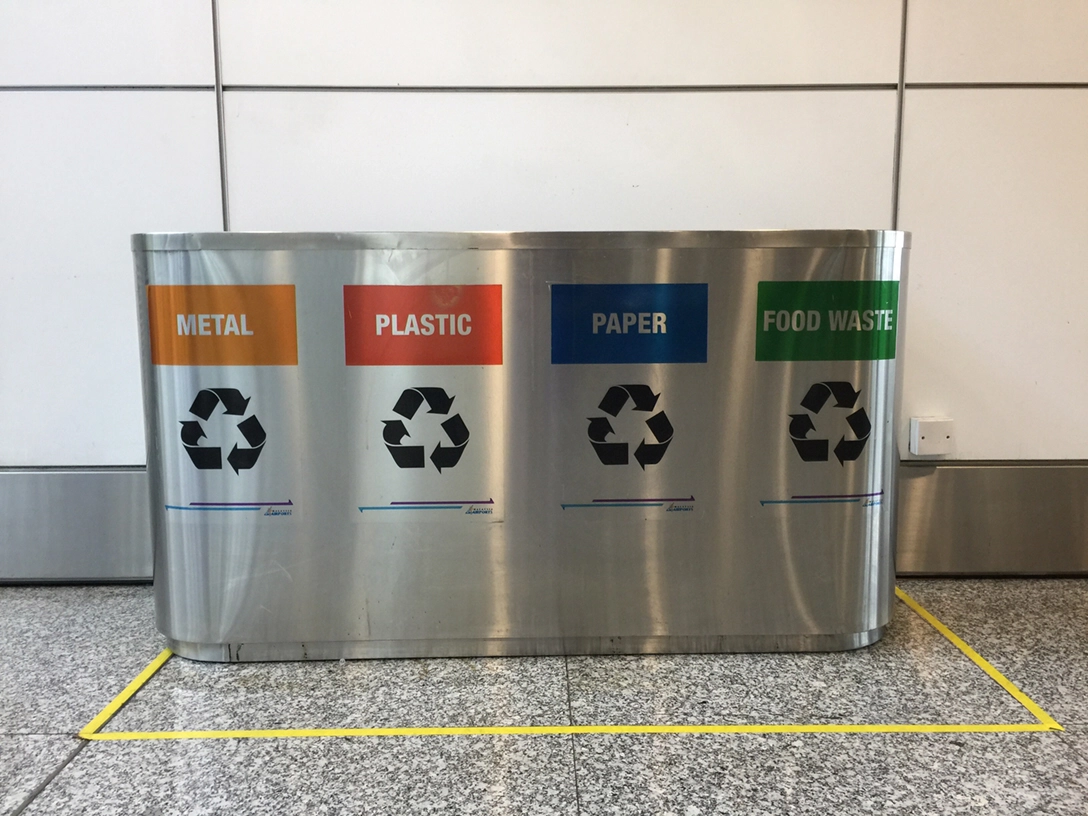
Facts: Lifespan of Recycled Waste in Soil
The decomposition time of recycled waste in soil varies significantly depending on the material. Plastics can persist for hundreds of years, fragmenting into microplastics that contaminate ecosystems. Glass and aluminum, remain virtually unchanged in soil for thousands of years if not properly processed. Implementing sustainable waste management strategies is essential to reducing long-term environmental impacts.
months
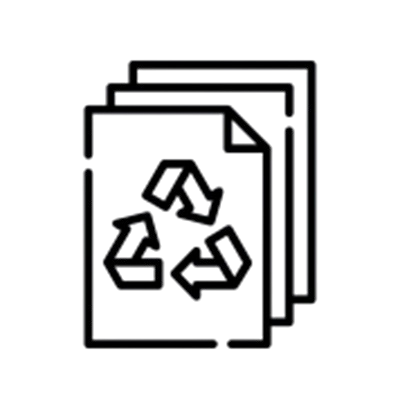
Paper
year
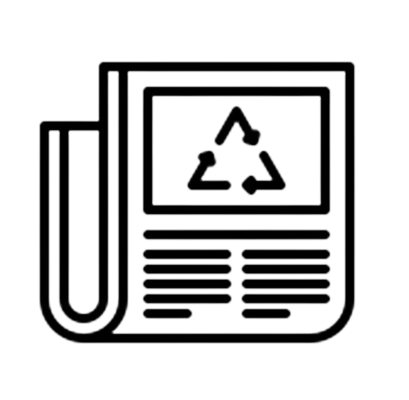
Newspaper
years

Cigarette filter
years

Chewing gum
to
years

Can
to
years

Plastics
years
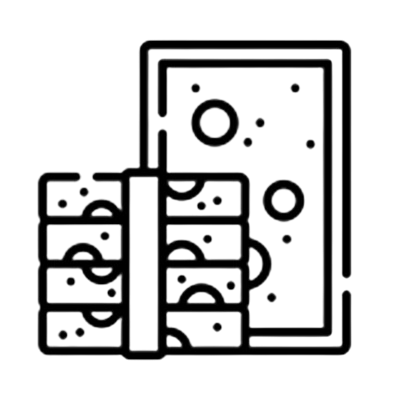
Styrofoam (phone cards)
years
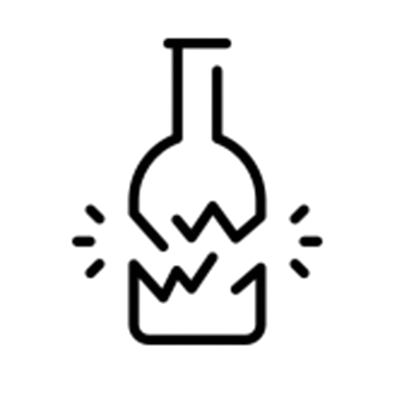
Glass



Application Solutions To Grow Your Business
Things go wrong have questions. We’ve understand we have peopleam viverra purus sed aliquet tincidunt diam auctor nibhe eget entum lobortis anteThings go wrong have questions.
- Powerful database store
- Easy to access all projects
- Effortless courier allocation
- Widest coverage network




